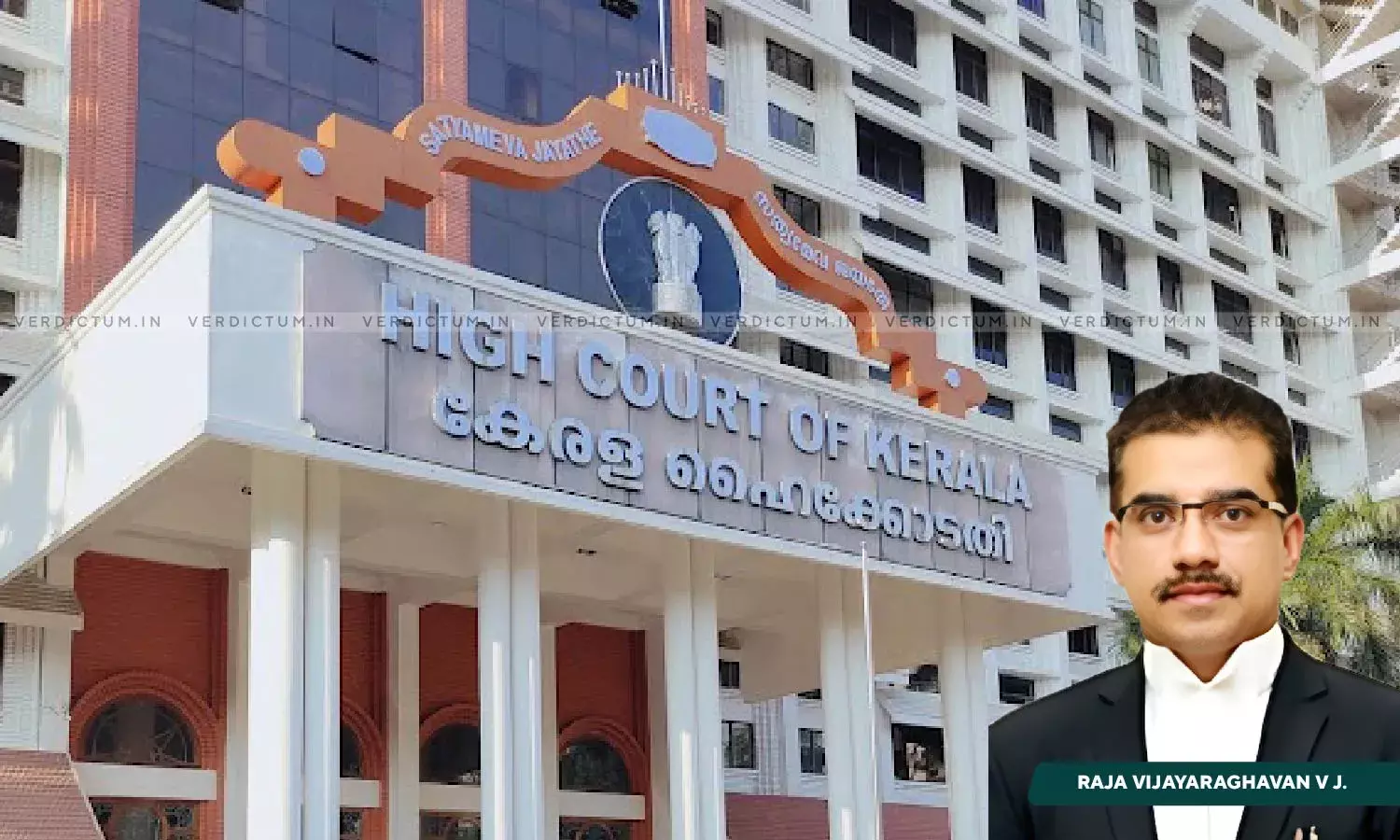Unfilled Vacancies For A Specific Benchmark Disability Category Should Be Carried Forward As 'Backlog Reserved Vacancies' To Next Recruitment Year: Kerala HC

The Kerala High Court held that vacancies reserved for a specific benchmark disability category, which have remained unfilled due to the unavailability of a suitable candidate or other valid reasons, must be carried forward as 'backlog reserved vacancies' to the subsequent recruitment year.
The Court allowed a Writ Petition against the Kerala Public Service Commission (KPSC) Secretary's denial to consider the Petitioner for the Computer Programmer cum Operator role under the 4% PwD quota mandated by the Rights of Persons with Disabilities Act, 2016 (PwD Act).
The Court noted that the Act aims to concretely fulfil the Constitutional promise of full and equal citizenship for people with disabilities, promoting inclusion and acceptance.
The Bench of Justice Raja Vijayaraghavan V observed, “if any vacancy reserved for a particular category of benchmark disability cannot be filled due to the unavailability of a suitable candidate with that specific benchmark disability or for any other valid reason, such a vacancy must be carried forward as a 'backlog reserved vacancy' to the subsequent recruitment year”.
Advocate George Varghese appeared for the Petitioner, Advocate P. C Sasidharan appeared for the State, and Standing Counsel Naveen T appeared for the Kerala State Beverages Corporation (Corp).
The Petitioner, who has a 70% Locomotor disability, responded to a selection notification for the position of Computer Programmer-cum-Operator by the Kerala Public Service Commission (KPSC). Despite being shortlisted as a disabled person, he was ranked 56 on the final list. In response, he filed a petition, and during its pendency, the government identified the post for reservation under the Rights of Persons with Disabilities Act, 2016.
The Petitioner was discontented with the Secretary of Kerala Public Service Commission's denial to consider him for the position of Computer Programmer cum Operator under the 4% quota designated for individuals with disabilities, as mandated by the PwD Act.
The Court emphasized that the government is obligated to identify and reserve posts for persons with disabilities, allocating a minimum of three per cent of vacancies for each disability category. This obligation was not met in the case. The Court clarified that the PwD Act mandates reservation without depending on post identification. With the enactment of the PwD Act, the government is legally obligated to appoint at least four per cent of vacancies for persons with benchmark disabilities.
While acknowledging that all vacancies were filled, the Court observed the importance of carrying forward unfilled vacancies reserved for specific benchmark disability categories as 'backlog reserved vacancies' to the subsequent recruitment year. In the next recruitment year, these vacancies should be treated as originally reserved, allowing interchange among benchmark disability categories.
The Court further noted that if the vacancy remains unfilled in the subsequent year, the employer may fill it with a person without a benchmark disability. If filled by a benchmark disability candidate or through inter se exchange in the next two years, it is deemed reserved; otherwise, the reservation ceases after two years. In this case, with 83 appointments, one unfilled vacancy is advised to the petitioner as the sole eligible candidate.
The Court noted that the PwD Act aligns with constitutional commitments for equal citizenship, emphasizing equality, non-discrimination, and dignity for persons with disabilities. Section 3 of the Act affirms the legislature's intent to grant fundamental rights without limiting them based on a benchmark disability, aligning with constitutional rights under Articles 14, 19, and 21. “The 2016 Act seeks to operationalize and give concrete shape to the promise of full and equal citizenship held out by the Constitution to the disabled and to execute its ethos of inclusion and acceptance”, the Bench noted.
Additionally, the Court reiterated that employment is crucial for the empowerment and inclusion of people with disabilities, emphasizing that social and practical barriers often hinder their workforce participation. This exclusion leads to millions of disabled individuals living in poverty, unable to contribute meaningfully to their lives, families, and communities.
Accordingly, the Court allowed the Writ Petition and directed the State to advise the petitioner to the post of Computer Programmer cum Operator.
Cause Title: George Mathew v State Of Kerala (2023:KER:82108)

